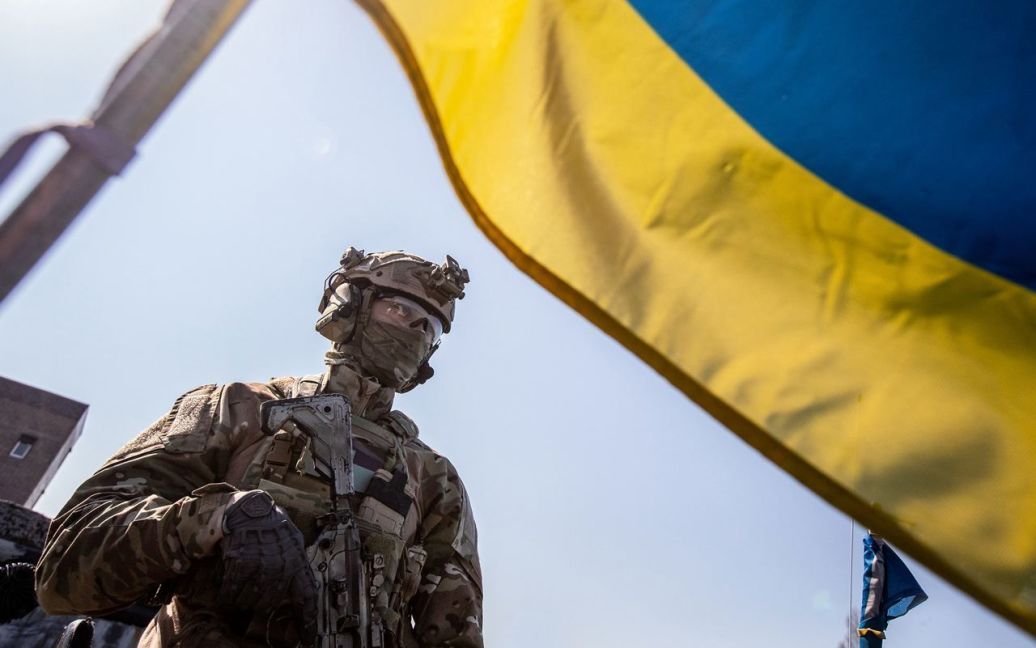Lawyer
The exchange of prisoners of war is a complex and multifaceted process that requires compliance with international and national law, as well as ensuring the rights and safety of prisoners of war. In this article, we will look at the key legal aspects of organizing and conducting prisoner of war exchanges, including the role of legal advice, document analysis, legal opinion and legal opinion of a lawyer.
Regulatory and legal framework
The organization and conduct of the exchange of prisoners of war is governed by the norms of international humanitarian law, in particular the Geneva Conventions of 1949 and additional protocols thereto. The main principles enshrined in these documents include the humane treatment of prisoners of war, the prohibition of torture and inhuman treatment, and the right to life and health.
Consultation of a lawyer
Consulting a lawyer is an important stage in organizing the exchange of prisoners of war. The lawyer provides recommendations on compliance with the requirements of international and national law, helps in the preparation of necessary documents and explains the rights of prisoners of war. The consultation includes an analysis of the legal risks and possible consequences of the exchange, and also provides strategies to minimize them.
Analysis of documents
The analysis of documents is a critical stage in the process of exchanging prisoners of war. The lawyer verifies the authenticity and legality of the documents confirming the status of prisoners of war, as well as the documents necessary for the exchange. This includes checking POW lists, medical reports, exchange consent statements and any other documents that may affect the legality and security of the exchange.
Legal opinion
The legal opinion is the result of a detailed analysis of documents and legal aspects related to the exchange of prisoners of war. The conclusion notes all identified legal risks, provides recommendations for their elimination, and offers a legal strategy for conducting the exchange. A legal opinion helps the parties to the exchange make sure that their actions comply with international and national law.
Legal opinion of the lawyer
A lawyer's legal opinion is of particular importance in cases where the process of exchanging prisoners of war is accompanied by legal disputes or complications. Based on an in-depth analysis of the legal situation and the provided documents, the lawyer prepares a legal opinion that can be used in court or other instances. Such a conclusion contains legal reasoning based on current legislation and international norms, and can be a strong evidence in resolving disputed issues.
The main stages of organizing the exchange of prisoners of war
Preparation for exchange:
Determination of lists of prisoners of war to be exchanged.
Preparation of documents confirming the identity and status of prisoners of war.
Conducting a medical examination and preparing medical reports.
Obtaining consent of prisoners of war for exchange.
Legal support:
Consultation of a lawyer regarding the legal aspects of the exchange.
Analysis of documents and preparation of a legal opinion.
Conducting negotiations between the exchange parties taking into account legal norms.
Carrying out an exchange:
Ensuring the safety of prisoners of war during exchange.
Verification of documents and persons at the place of exchange.
Execution of agreements between the parties in compliance with legal norms.
After exchange:
Provision of necessary assistance to released prisoners of war.
Documentation of exchange results.
Analysis of exchange results and introduction of corrections in future procedures.
Conclusion
Organizing and carrying out the exchange of prisoners of war is a complex process that requires careful observance of international and national law. Consultation of a lawyer, analysis of documents, legal opinion and legal opinion of a lawyer are the key stages that ensure the legality and security of the exchange. Taking into account these aspects contributes to the effective exchange and protection of the rights of prisoners of war who are in difficult conditions of armed conflict.

































